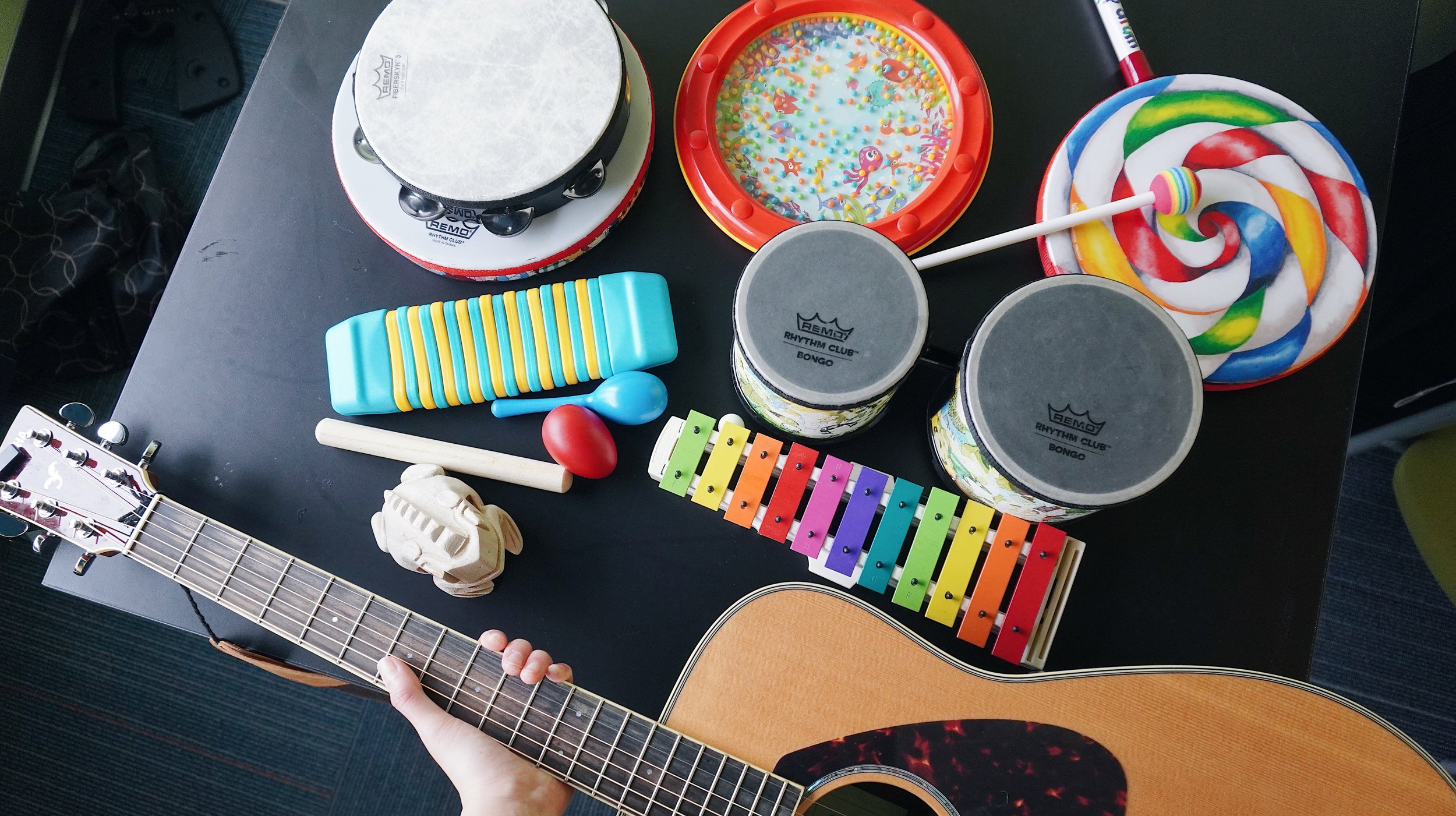
School and Educational Setting
Music therapy in a school and education setting is a valuable approach that utilizes music to support academic, social, emotional, and developmental goals for students of all ages and abilities. Music therapists collaborate with educators, students, and sometimes parents to create tailored interventions that promote learning, self-expression, communication, and overall well-being within the school environment.
Key aspects of music therapy in a school and education setting include:
Academic Support: Music therapy can be used to reinforce academic concepts such as math, language arts, and science through rhythmic activities, songs, and mnemonic techniques.
Emotional Regulation: Music provides a means for students to express and regulate their emotions, helping them manage stress, anxiety, and behavioral challenges.
Social Skills: Group music therapy sessions encourage social interaction, teamwork, and communication skills, fostering positive peer relationships.
Self-Expression: Music therapy allows students to creatively express themselves through songwriting, improvisation, and musical activities.
Attention and Focus: Structured music activities can help improve attention span, concentration, and cognitive engagement.
Sensory Integration: Music therapy supports sensory processing by engaging multiple senses, benefiting students with sensory sensitivities or processing difficulties.
Motor Skills: Playing instruments, dancing, and moving to music support the development of fine and gross motor skills.
Inclusion: Music therapy promotes an inclusive environment where students of diverse abilities can participate and collaborate.
Interventions
Music therapy interventions in school and education settings might include:
Singing songs to learn new concepts or vocabulary.
Playing instruments to enhance coordination and fine motor skills.
Using music to create routines and transitions throughout the school day.
Collaborative music-making activities that foster teamwork and communication.
Songwriting projects that encourage self-expression and creativity.
Relaxation and mindfulness exercises set to music to promote emotional well-being.
Music therapists work closely with teachers and school staff to align music therapy interventions with educational goals and curricula. They also collaborate with Individualized Education Plan (IEP) teams to provide appropriate support for students with special needs.
Incorporating music therapy into education settings enhances the learning experience, creates an inclusive atmosphere, and empowers students to engage with education in a holistic and enjoyable way. By utilizing the universal language of music, therapists help students thrive academically and emotionally within the school environment.

